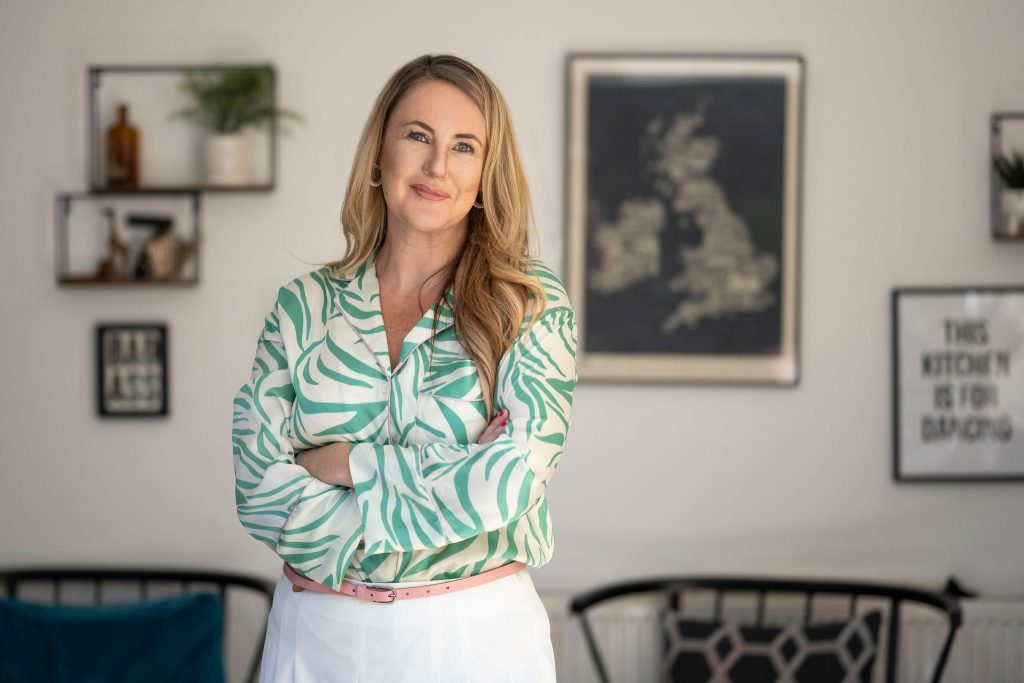
We engage in conversation with Sophie Howe, the world’s first Future Generations Commissioner and current Future Governance Adviser at School of International Futures (SOIF). She explores the role of networks in shaping policies and driving transformative change to ensure intergenerational fairness globally.
What role can networks play in driving intergenerationally fair approaches?
Across the world countries are increasing their use of foresight and dipping their toes in measuring wellbeing. Countries are also shifting towards wellbeing economies and grappling with the intersectionality of the polycrisis we find ourselves in. In each case, it is networks formed of individual champions who have grown these movements. I think the big challenge now is how do we build a network of networks which joins the dots between all these issues.
We need a new vision and mission based around transforming policy and economy to deliver wellbeing for people and planet. We can’t do that without applying a long term view, co-creating a vision with people and using foresight techniques to anticipate what might help or hinder us reaching that vision. We’re living in a polycrisis right now because we’ve failed to do either of these things. But I believe networks can drive change and when they join together, they can become movements which are transformative. As Margaret Mead said:
“Never doubt that a small group of thoughtful and committed citizens can change the world. Indeed, it’s the only thing that ever has.”
How do you see SOIF’s Futures Pioneers network supporting change?
Essentially, we are looking to build this network of networks – starting with those who are pioneering futures work in governments and parliaments across the world. With over 30 countries represented so far, we know that there is a growing movement. But we also know that trying to mainstream futures thinking is hard work and there are often lone champions taking the strain. The Future Pioneers Network aims to provide a supportive environment to exchange ideas, learn from each other and connect the good work going on into global processes such as the work on the Summit of the Future and Declaration for Future Generations. The next phase is to join up with others to build and grow the network and find opportunities to provide more intensive support in those countries who could take the next big steps on embedding intergenerational fairness.
How do you think intergenerational fairness should be included in the Summit of the Future?
I’d like to see a clear commitment to intergenerational fairness and a roadmap for delivery, including support for countries’ networks and champions.
Sign up for SOIF’s Newsletter to stay informed about our work on intergenerational fairness.
